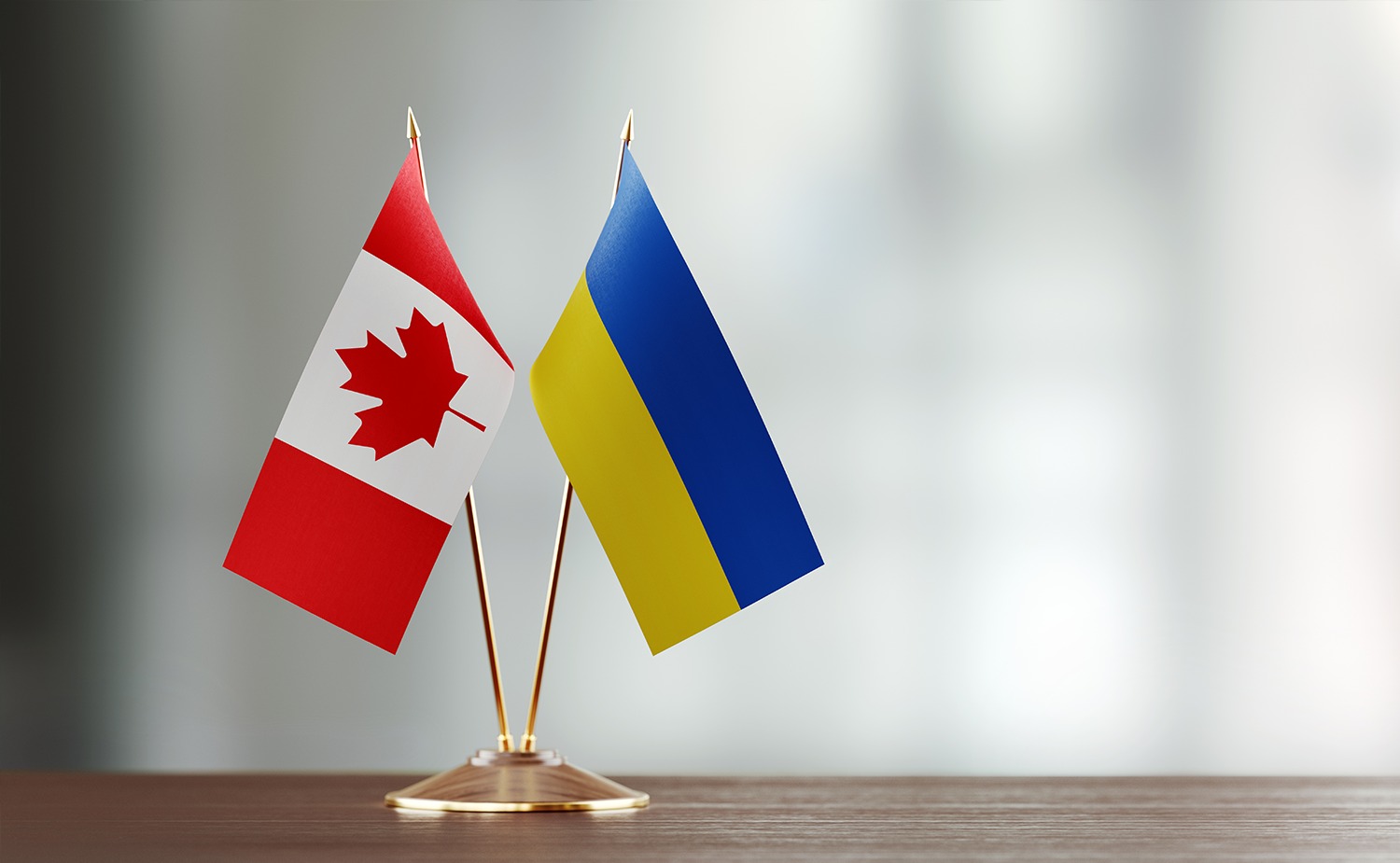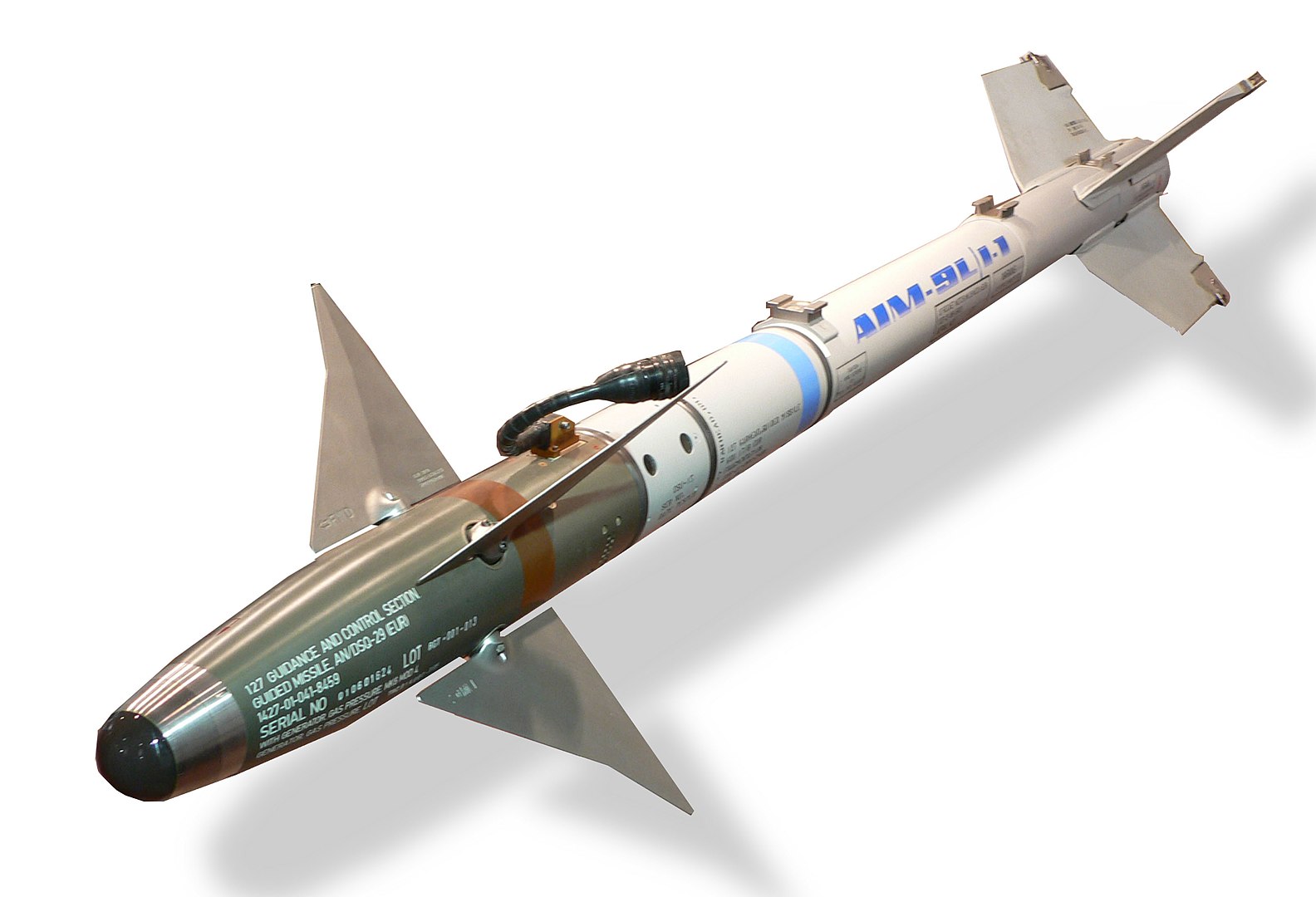Canadian Defence Minister Bill Blair stated that Canada is open to sending a limited number of military personnel to train Ukrainian troops within Ukraine, provided the operation occurs far from the front lines in a clear, non-combat role, the Toronto Star reports.
In his interview with the Toronto Star, Blair mentioned discussing the idea of sending military personnel for training at a Paris security summit on 26 February with NATO allies and other Ukraine supporters. Following the summit, French President Emmanuel Macron's suggestion of sending troops into Ukraine led to NATO and Western allies, including Canada and the US, rejecting the deployment of combat soldiers, though some countries left open non-combat support roles.
Macron stated that while there is no consensus on officially sending ground troops, nothing should be ruled out to ensure Russia cannot win the war, adding that France is "not against sending them."
Following European leaders' rejection of Macron's suggestion to send troops to Ukraine, French Defence Minister Sébastien Lecornu clarified that discussions were centered on military training or demining operations, "not sending troops to wage war against Russia."
Despite Canada's declaration of having "no plans to deploy combat troops" to Ukraine, Blair expressed openness to a non-combat role for the Canadian military, training Ukrainian soldiers in the country. Additionally, a security agreement between Canada and Ukraine signed last weekend states that Canada might resume training activities in Ukraine "when conditions permit."
“I do not want to put Canadian Armed Forces personnel anywhere near a combat theatre that could create the perception that we are taking on any component of a combat role,” Blair told the Toronto Star.
Blair mentioned that the Canadian military's small presence in Ukraine is currently for diplomatic protection, with previous training of Ukrainian soldiers through Operation Unifier now moved abroad due to Russia's invasion.
In Paris talks, he discussed the challenges of training outside Ukraine and the possibility of conducting it within the country. However, he noted concerns that this might be seen as a combat role, emphasizing that there is a consensus against it.
Suggestion, rejections, Russian threats
- On 26 February, French President Emmanuel Macron suggested that sending Western troops to Ukraine is still a possibility.
- On 27 February, Kremlin Press Secretary Dmitry Peskov claimed that deploying European NATO troops to Ukraine would inevitably lead to a conflict between Russia and NATO.
- Sweden, Poland, and the Czech Republic have ruled out the possibility of sending ground troops to Ukraine, which was followed by similar statements from other countries, including Germany, Slovakia, and Hungary.
- French Foreign Minister Stephane Sejourne suggested that French troops could assume non-combat roles rather than engage in active battle in Ukraine, such as "mine clearance, cyber defense, the production of weapons on site, on Ukrainian territory." >
- NATO Secretary General Jens Stoltenberg said that the Alliance has no plans to send combat troops to Ukraine, despite providing unprecedented support since 2014.
- The US said it won't send troops to Ukraine:
“Certainly, every country is free to speak to its own interest, but in addition to the president making clear that the US will not send troops to fight in Ukraine, the NATO secretary general has ruled out any NATO troops to fight in Ukraine,” said State Department spokesperson Matthew Miller at a press briefing.
- The UK, Italy, and Spain also said they had no plans to deploy their troops in Ukraine.
- Meanwhile, on 29 February, Russian President Vladimir Putin threatened countries that deploy troops to support Ukraine with "consequences for the interventionists" that will be "much more tragic," including the risk of global nuclear war.
- Macron stated on 29 February that all his remarks regarding the Russo-Ukrainian war were carefully considered, following a controversy sparked by his openness to the idea of deploying Western troops:
"These are sufficiently serious issues; every one of the words that I say on this issue is weighed, thought through and measured," Macron told reporters, declining to comment further.
Estonia, Lithuania, Netherlands not against sending non-combat troops
Meanwhile, Dutch, Estonian, and Lithuanian officials do not exclude the possibility of sending the military to Ukraine if certain conditions are met.
Estonia: nothing off the table
Estonian Prime Minister Kaja Kallas stated that "everything" is on the table to support Ukraine's victory over Putin and highlighted the need for private discussions on all options. Her remarks were in response to French President Emmanuel Macron's hint at potentially sending ground troops to assist Kyiv, which had previously sparked a backlash from allied governments, prompting quick clarifications that troop deployment was not imminent.
Lithuania: it's a possibility
Lithuanian officials are weighing the option of deploying their troops to Ukraine for training Ukrainian forces, but their primary focus remains on providing weapons and ammunition support, according to Kęstutis Budrys, a presidential adviser.
“We are talking about that possibility, and we are doing this quite openly. There are a lot of nuances about what could happen and under what conditions,” he told reporters, according to LRT. “Ammunition is the main instrument that is needed today, and that was needed yesterday, but everything is on the table.”
Budrys said there can be “many different models for a training mission,” and “different options are constantly being discussed.”
Lithuanian Defense Minister Arvydas Anušauskas mentioned the potential for NATO troops to train in Ukraine during a discussion on 29 February, according to LRT. He noted that Lithuania currently has a mandate to lead a training mission for Ukrainians, with Lithuanian troops already conducting training in the UK, Germany, and Lithuania.
The Netherlands: military involvement in Ukraine would require a coalition
On 27 February, Gen. Onno Eichelsheim, Chief of Defence of the Netherlands, stated that it is "not yet opportune" for the Netherlands to discuss sending soldiers to Ukraine. Nevertheless, he emphasized the need to keep all options open to best support Ukraine.
Eichelsheim highlighted that any Western military involvement in Ukraine would likely require a coalition, involving either NATO or an alliance of 10 to 15 countries. He emphasized that such a decision would be political, and it would be unusual for just one or two countries to take such action.
Read also:
- Estonian PM: “Everything” on the table to help Ukraine beat Putin
- Macron doesn’t rule out sending troops to Ukraine; Stoltenberg says NATO has no such plans (updated)





